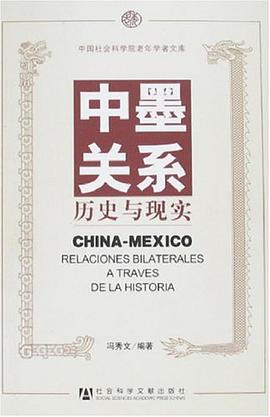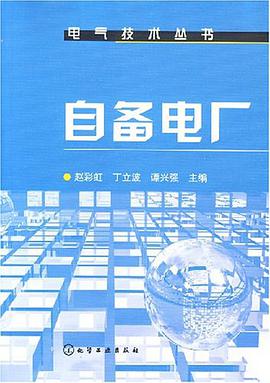

具体描述
In this cogent text, Laura Neack argues that foreign policy making, in this uncertain era of globalization, global violence and American hegemony, revolves around power seeking and power maintenance. Now in a thoroughly revised and updated edition with concise, accessible chapters, the book reviews both old and new lessons on foreign policy making and behavior using a rich array of new and enduring case studies. Following a levels-of-analysis organization, the author considers the many elements that influence foreign policy. Topics include realist theories on rational actors and the pursuit of national interests; studies of leaders' cognition, beliefs and learning; the relationships between leaders and autonomous governmental groups that influence foreign policy making; the shaping influence of national self-image and culture on government institutions and policies; the so-called democratic peace and how democratization may lead to war; the impact of domestic political debates and political opposition on foreign policy choices; the controversial roles of public opinion and the media; how great powers are expected to behave in foreign affairs and how non-great powers may find openings for foreign policy independence; and the impact of non state actors on the foreign policies of states.
作者简介
目录信息
读后感
评分
评分
评分
评分
用户评价
相关图书
本站所有内容均为互联网搜索引擎提供的公开搜索信息,本站不存储任何数据与内容,任何内容与数据均与本站无关,如有需要请联系相关搜索引擎包括但不限于百度,google,bing,sogou 等
© 2026 book.wenda123.org All Rights Reserved. 图书目录大全 版权所有




















